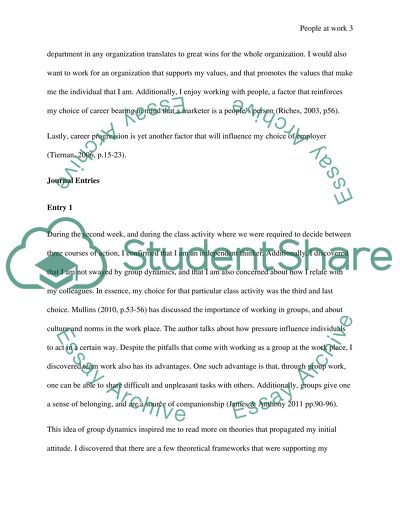Cite this document
(“Introduction to people at work Essay Example | Topics and Well Written Essays - 2000 words”, n.d.)
Introduction to people at work Essay Example | Topics and Well Written Essays - 2000 words. Retrieved from https://studentshare.org/marketing/1464704-introduction-to-people-at-work
Introduction to people at work Essay Example | Topics and Well Written Essays - 2000 words. Retrieved from https://studentshare.org/marketing/1464704-introduction-to-people-at-work
(Introduction to People at Work Essay Example | Topics and Well Written Essays - 2000 Words)
Introduction to People at Work Essay Example | Topics and Well Written Essays - 2000 Words. https://studentshare.org/marketing/1464704-introduction-to-people-at-work.
Introduction to People at Work Essay Example | Topics and Well Written Essays - 2000 Words. https://studentshare.org/marketing/1464704-introduction-to-people-at-work.
“Introduction to People at Work Essay Example | Topics and Well Written Essays - 2000 Words”, n.d. https://studentshare.org/marketing/1464704-introduction-to-people-at-work.


